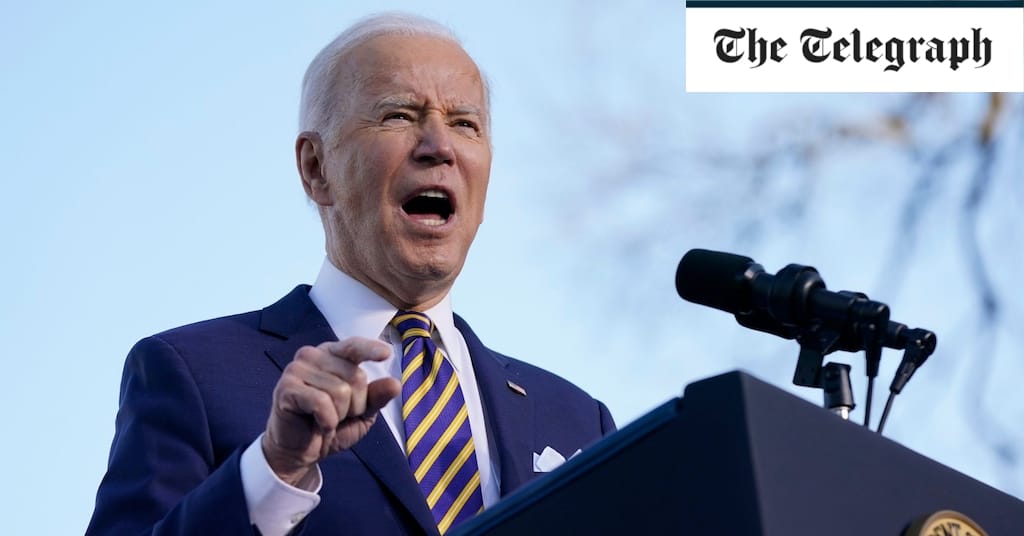Joe Biden must raise income tax and cut pensions spending to slow the dangerous rise in the US national debt, the Organisation for Economic Cooperation and Development (OECD) has said. Corporate taxes also need to go up, economists suggest, while the US president needs to find a way to control spending on healthcare. Heavy borrowing and spending through the financial crisis, the pandemic, and now net zero programmes have driven the US national debt up from below 60pc of GDP at the start of the century to 120pc today. The debt pile is on a trajectory to keep growing rapidly.
The OECD said this left the world’s largest economy “more vulnerable to the risks associated with any future economic shocks”. The group urged Mr Biden – or Donald Trump if he wins the election later this year – to start raising income taxes to help wean the US off borrowing. “Increases in personal and corporate tax revenues could be a first step given that such measures have been found to slow economic growth in the short-term while narrowing income inequality,” the think tank said. Federal income taxes range from 10pc to 37pc, while companies face a 21pc tax on their profits.
Donald Trump is expected to borrow heavily if he wins the US election
The OECD said pensions should also be means tested to help stop public funds from running out. “Ageing is increasing pension costs and trust funds will run out in the coming years,” it said. “Limiting benefits for wealthy households, partially indexing the retirement age to life expectancy and indexing benefits to [inflation] would help fund social security.” The call for higher taxes came as the OECD warned that a failure to tackle the US’s mammoth debt pile “could undermine the sustainability of current spending programmes, including healthcare and social security”.
The Congressional Budget Office expects the US government to borrow $1.9 trillion (£1.5 trillion) this year. This deficit between tax income and spending is forecast to rise to $2.8 trillion per year in a decade’s time. The US Treasury is able to borrow more than other countries because of the country’s enormous economy and the dollar’s status as the global reserve currency. However, the OECD said that big, long-term budget deficits risked undermining this strength. “[The US’s] fiscal credibility has been weakened by repeated government shutdowns, debt ceiling crises and difficulties in managing the budget process in Congress.” the OECD said. It is also a danger at a time of higher borrowing costs.
“A higher debt ratio makes the public finances more sensitive to adverse growth or interest rate developments,” the economists said. Both Mr Biden and Mr Trump are expected to borrow heavily, regardless of who wins the battle for the White House later this year.






